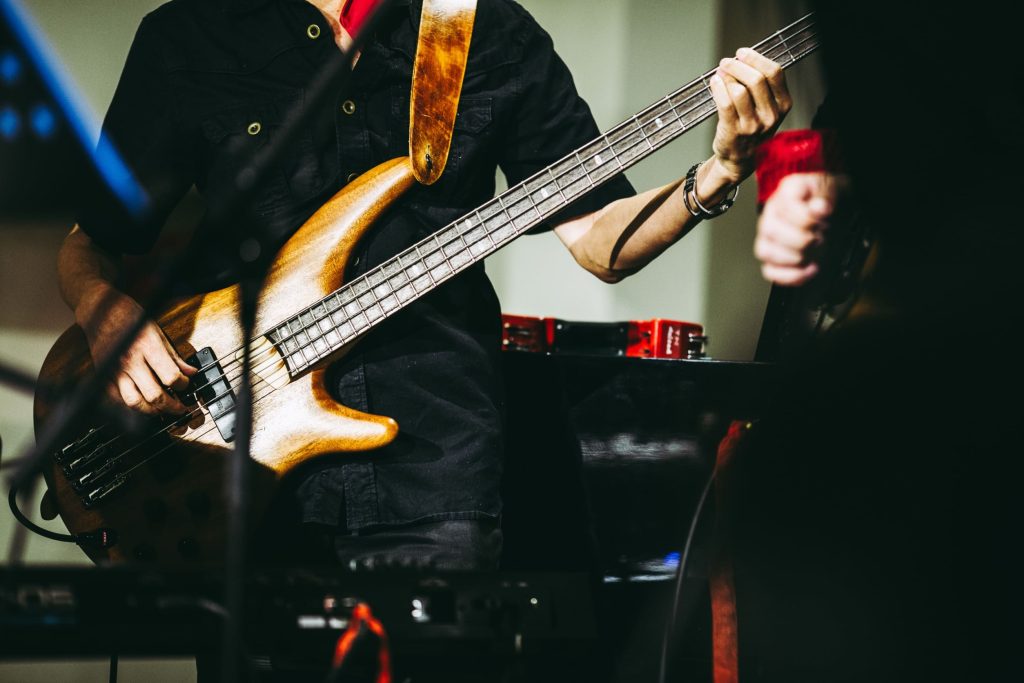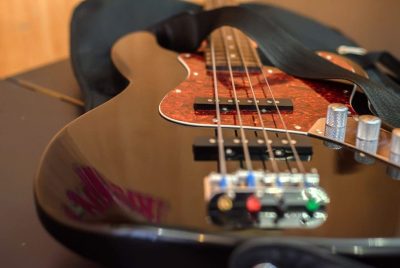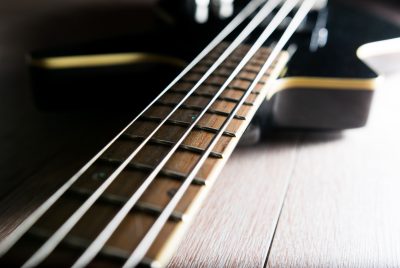A Major Scale in Bass Clef
Introduction to the A Major Scale in Bass Clef
Ever heard the magic that the A Major Scale weaves, especially when played in the bass clef? Well, this is your day to dive deep into its allure. Now, you might wonder, “Why A Major?” Well, it’s not just any scale; it’s a beacon of warmth in the realm of music, offering a rich tapestry of sounds that can elevate any piece. And when it comes to the Bass Clef, that’s where the magic happens, bringing depth and soul to melodies.
Importance of Understanding Musical Scales
Music, as they say, is a universal language. And scales? They’re like the alphabets of this language. Understanding them is pivotal, and the A Major Scale is no exception. A major scale, in essence, is a series of eight notes that follow a specific pattern of whole and half steps. It’s like climbing a ladder where each step has its own unique sound. And the Bass Clef? It’s our map to navigating these sounds in the lower registers, where notes take on a deeper, more resonant quality.
Basics of the Bass Clef
The bass clef is like the deep, resonating voice of the musical world.
Origins and Purpose: Historically, the bass clef was meant for the bass (or low) notes, primarily played on instruments like the cello, bassoon, or trombone.
Comparison with the Treble Clef: Imagine having a conversation in only high pitches. Pretty incomplete, right? That’s how music would sound without our beloved bass clef complementing the treble.
Diving into A Major
In the Bass Clef, the A Major scale unfolds with elegance, starting on an A note below middle C. Imagine each note as a step towards a musical summit. We’ve got A, B, C#, D, E, F#, G#, and back to A. Reading these on the Bass Clef might seem daunting at first, but with practice, it becomes second nature.
Why the A Major Scale is Essential
Historical Relevance: The A Major Scale has been the backbone of countless classical pieces. It’s like the Shakespeare of scales.
Use in Popular Compositions: From Bach to The Beatles, this scale has been pivotal. Remember that catchy bass line? Yep, it was probably the A Major Scale in action.
Components of the A Major Scale in Bass Clef
The Key Signature: Marked by three sharps: F#, C#, and G#.
The Notes and Their Sequence: A-B-C#-D-E-F#-G#-A. Simple, yet profound.
Playing A Major Scale on Your Instrument
Now, for the fun part – bringing A Major to life on your instrument. Whether you’re a budding bassist or a seasoned cellist, the key is to start slow. Familiarize yourself with the positioning of each note and how they feel under your fingers. Remember, it’s not a race. Precision beats speed, especially in the beginning.
Techniques and Practices
Hand Positioning: Keeping fingers relaxed and ensuring your hand spans the scale comfortably is crucial.
Recommended Exercises: I’d suggest starting slow, focusing on each note’s clarity, then gradually increasing the tempo.
Theoretical Insights
Musically speaking, A Major holds a special place. It’s often associated with bright, uplifting compositions. Understanding its role in music theory can deepen your appreciation for pieces in this key. For instance, harmonizing in A Major opens up a world of chord progressions and melodies.

Integrating the A Major Scale into Your Daily Practice
Ever tried mixing up your practice routine with a touch of A Major? Spice things up by playing along to backing tracks or integrating it into your improvisation sessions. Applying what you’ve learned can transform your playing. Whether you’re improvising jazz lines or anchoring a classical piece, A Major offers a versatile palette to express emotions. Each genre brings out a different shade of A Major, so don’t hesitate to experiment.
Personal Experiences with the A Major Scale on Bass Clef
There were times when I struggled, especially with those pesky sharps, but the beauty of the scale kept pulling me back. The depth it added to my playing was incomparable. As you grow more comfortable, explore improvisation and composition within A Major. This scale can be a springboard for creativity, leading to original pieces or inventive solos that stand out.
Practical Applications
Diving into practical applications, integrating the A Major scale into your daily practice can significantly enhance your musicality. Whether you’re jamming with friends or preparing for a solo performance, understanding the nuances of A Major in the bass clef can give your music a rich foundation. For classical musicians, it’s the backbone of many compositions, offering a pathway to convey emotions with depth. Jazz players, on the other hand, can exploit A Major’s versatility to improvise soulful melodies that resonate with the audience. And for rock enthusiasts, it brings a vibrant energy that can elevate a simple bass line into something unforgettable.
Advanced Techniques
As your confidence grows, so should your curiosity for advanced techniques. Improvisation in A Major, for instance, is an exhilarating challenge. It’s about letting go of the fear of hitting the ‘wrong’ note and instead, embracing the flow of creativity. Experiment with different rhythms, dynamics, and articulations to discover your unique voice within A Major. Composition is another area where A Major can shine. Use it as a canvas for your musical ideas, playing with chord progressions and melodic themes to craft pieces that speak to the soul.
Learning Resources
To bolster your journey, arm yourself with the best learning resources. “The Comprehensive Guide to Bass Clef Mastery” is a fantastic book that dives into scales, including A Major, with practical exercises. Online platforms like MusicTheory.net offer interactive lessons that cater to various skill levels. For those who prefer video tutorials, YouTube channels such as “Bass Clef Basics” and “Scale Mastery” provide step-by-step guides that are both informative and engaging. Remember, the goal is to find resources that not only teach but inspire you to keep exploring.
Conclusion
Embarking on the journey of mastering A Major in the bass clef is both challenging and rewarding. It’s not just about learning a scale; it’s about unlocking a new realm of musical expression. Whether you’re a beginner eager to lay a solid foundation or an experienced musician looking to deepen your repertoire, A Major offers a world of possibilities. So, keep practicing, stay curious, and let the rich tones of A Major in the bass clef inspire your musical journey. Remember, every note you play is a step closer to the musician you aspire to be. Let’s make music that resonates, one note at a time.
FAQs
- What makes A Major unique in the Bass Clef?
- A Major in the bass clef stands out for its warm, resonant tones. It offers a blend of richness and clarity that’s particularly appealing in lower registers, making it a favorite among bassists and cellists.
- Are there any shortcuts to learning the scale positions?
- While there are no shortcuts, visual aids like fingerboard charts and mnemonic devices can help memorize scale positions. Practice and repetition, however, are your best allies.
- How can I incorporate A Major into my compositions?
- Start by using A Major as a harmonic foundation. Experiment with chord progressions within the scale, and layer melodies on top. Let the scale inspire your creativity, leading to unique compositions.
- What are some challenges when playing A Major in Bass Clef?
- The transition between notes can be tricky, especially for beginners. Ensuring smooth, fluid motion and maintaining intonation are common challenges that improve with practice.
- Can mastering A Major improve my overall musicianship?
- Absolutely! Mastering A Major, especially in the bass clef, enhances your understanding of music theory, improves your technique, and broadens your expressive capabilities across genres.




